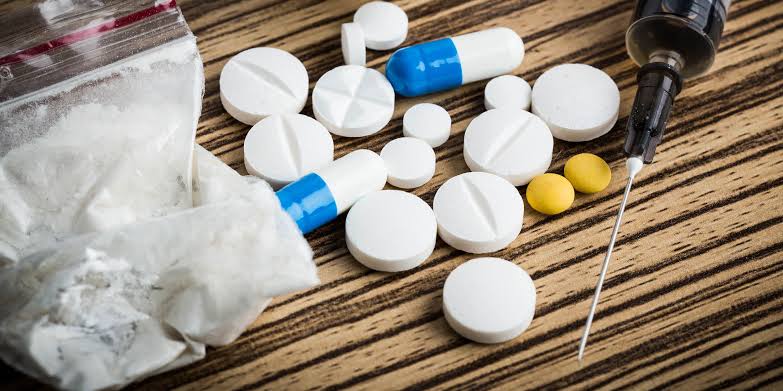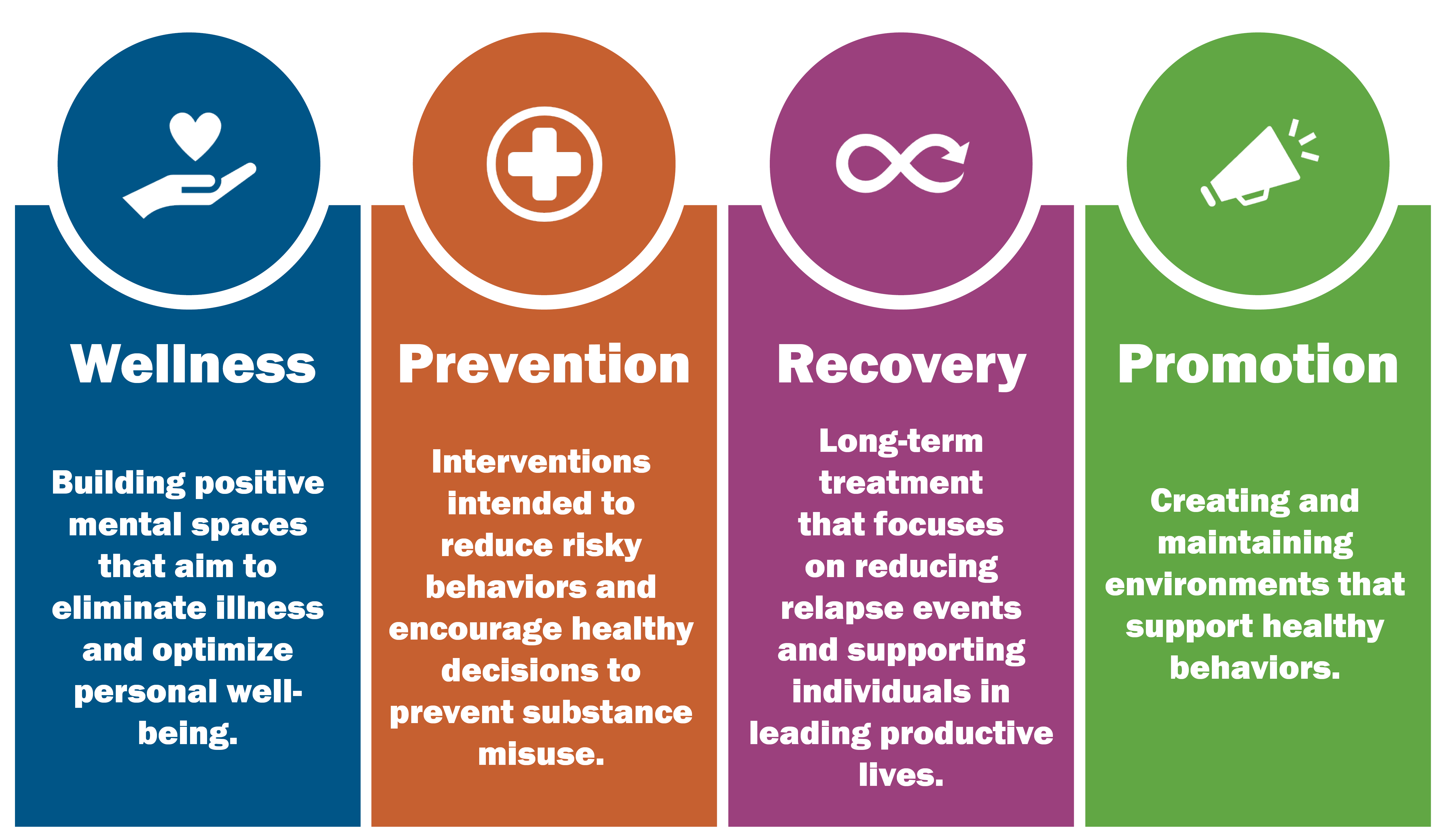5 Promising Changes Punjab Nursing Rehab Beds Are Bringing to Addiction Care

Punjab nursing rehab beds are emerging as a transformative solution in Punjab’s healthcare landscape. As nursing colleges across the state expand their capacity, they are playing a pivotal role in addressing the shortage of rehabilitation infrastructure. With mental health and addiction crises intensifying, Punjab nursing rehab beds offer a credible way to supplement existing nasha mukti kendra in India.
This surge reflects broader shifts toward integrating education, healthcare, and recovery. Prayas Sewa Samiti supports this evolution, recognizing it as a critical step in ensuring accessible, compassionate, and culturally sensitive treatment for individuals suffering from substance use disorders.
Punjab Nursing Rehab Beds Are Enhancing Addiction Treatment Infrastructure
1. Why Punjab Nursing Matters: Punjab nursing rehab beds.
Punjab has long grappled with high rates of addiction, especially to opioids and alcohol. Traditional nasha mukti kendra in India has often been overstretched, leading to long waitlists and inadequate follow-up services.
By establishing Punjab nursing rehab beds, nursing colleges are:
-
Adding hundreds of monitored rehab beds statewide
-
Reducing pressure on overburdened centers
-
Offering medically supervised care led by trained nurses
These new beds promise to improve recovery outcomes, especially in districts where nasha mukti kendras in India are sparse.
2. Role of Nursing Colleges in Punjab Nursing Rehab Beds Expansion
Several nursing institutions in Punjab, such as the Government College of Nursing (Chandigarh) and private colleges in Ludhiana and Jalandhar, have begun incorporating rehabilitation modules into their programs.
As part of their clinical training, student nurses now manage Punjab nursing rehab beds, learning to:
-
Conduct intake assessments
-
Collaborate with psychiatrists and counseling teams
-
Monitor detoxification protocols
-
Coordinate aftercare plans with Nasha Mukti Kendra in India
This model strengthens both educational outcomes and patient care.

3. Integration With Nasha Mukti Kendra in India
While Punjab nursing rehab beds are embedded within college campuses, they operate in collaboration with established nasha mukti kendra in India.
Some key partnerships include:
-
Referral systems between colleges and local nasha mukti kendra in India
-
Shared counselor workshops and case conferences
-
Joint aftercare planning, where rehab-recovering patients transition smoothly
This ensures that patients benefit from medical supervision while accessing holistic support from dedicated rehab centers.
4. Benefits for Rural and Underserved Areas
Punjab’s rural regions have historically lacked adequate rehabilitative care. The expansion of Punjab nursing rehab beds is changing that landscape.
Colleges in districts like Moga, Bathinda, and Hoshiarpur now offer rehab bed facilities that include:
-
Community outreach and home follow-ups
-
Partnerships with village-level health workers
-
Local counseling is supported by the nursing college infrastructure
These efforts extend the reach of the nasha mukti kendra in India beyond urban centers.
5. Training Nurses in Addiction Care
The rollout of Punjab nursing rehab beds is accompanied by rigorous training for nursing students:
-
Workshops on substance use disorders
-
Simulation-based learning for withdrawal management
-
Communication training to address stigma
-
Exposure to ethical and legal frameworks of rehab, aligned with the Nasha Mukti Kendra in India
Students graduating with this specialized skill set are now in high demand across the healthcare and rehab sectors.

6. Impact on Treatment Quality and Patient Outcomes
Preliminary data indicate:
-
Shorter wait times for rehab admission
-
Greater patient satisfaction due to consistent nursing supervision
-
Improved treatment adherence and lower relapse rates
These indicators show that Punjab nursing rehab beds are enhancing the quality of addiction care, complementing the government-run Nasha Mukti Kendra in India.
7. Community Engagement Through Nursing Colleges
Nursing colleges utilize their Punjab nursing rehab beds as hubs for community education:
-
Family counseling workshops
-
School and college awareness programs
-
Collaboration with local NGOs like Prayas Sewa Samiti
Through these initiatives, the message spreads—addiction care is available, accessible, and dignified.
8. Challenges in Scaling Punjab nursing rehab beds
Despite their promise, Punjab nursing rehab beds face several hurdles:
-
Regulatory approvals for adding rehab beds
-
Funding constraints in smaller colleges
-
Need for more psychiatric supervision
-
Community resistance due to stigma
Proactive measures from Prayas Sewa Samiti and state education boards are helping to address these issues.

9. Supporting Policy Changes
Recognizing the impact of Punjab nursing rehab beds, Punjab’s health ministry is:
-
Upgrading Nursing Council guidelines to include rehab training
-
Offering grants to colleges that establish rehab units
-
Simplifying affiliation processes between nursing colleges and rehab NGOs
This policy support is critical for sustained expansion.
10. Future of Punjab Nursing Rehab Beds Program
Looking ahead, the future of Punjab nursing rehab beds is promising:
-
Telehealth integration for remote counseling
-
R&D partnerships for framework development
-
Nurse-led aftercare teams in districts
-
Scaling to other states via this model of college-based rehab
Prayas Sewa Samiti is working to ensure that Punjab nursing rehab beds become a national example, reinforcing the network of nasha mukti kendra in India with medical education.
Conclusion: Punjab Nursing Rehab Beds as Catalysts of Change
The emergence of Punjab nursing rehab beds signals a new era in Punjab’s fight against addiction. By leveraging nursing education infrastructure, the state is making addiction care more accessible, medically sound, and community-linked.
These beds act as vital adjuncts to the nasha mukti kendra in India, offering holistic services that integrate medical, psychological, and social recovery.
Prayas Sewa Samiti commends and promotes this integrated model and advocates for further expansion, innovation, and recognition of nursing-led rehab as an essential pillar of India’s recovery ecosystem.